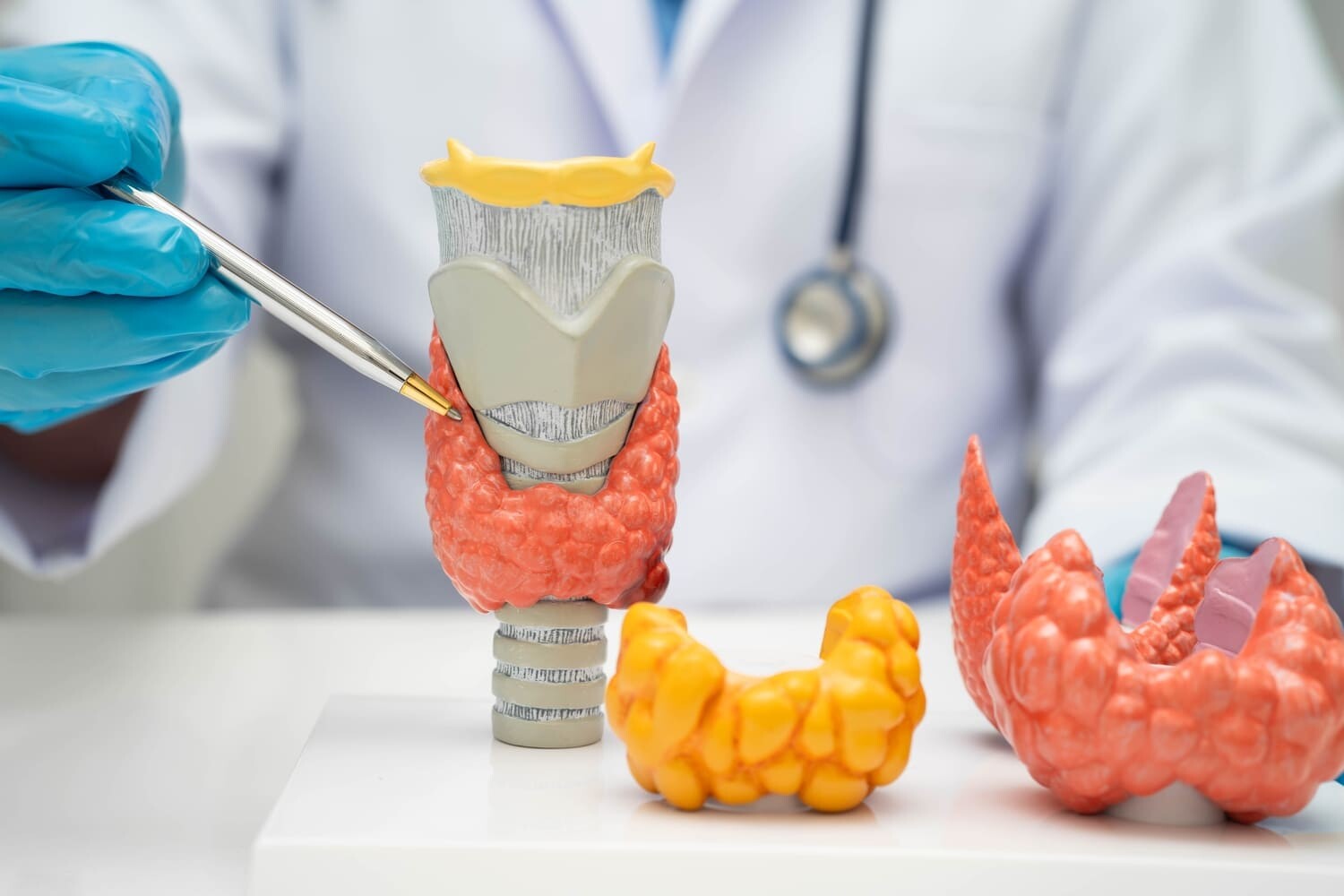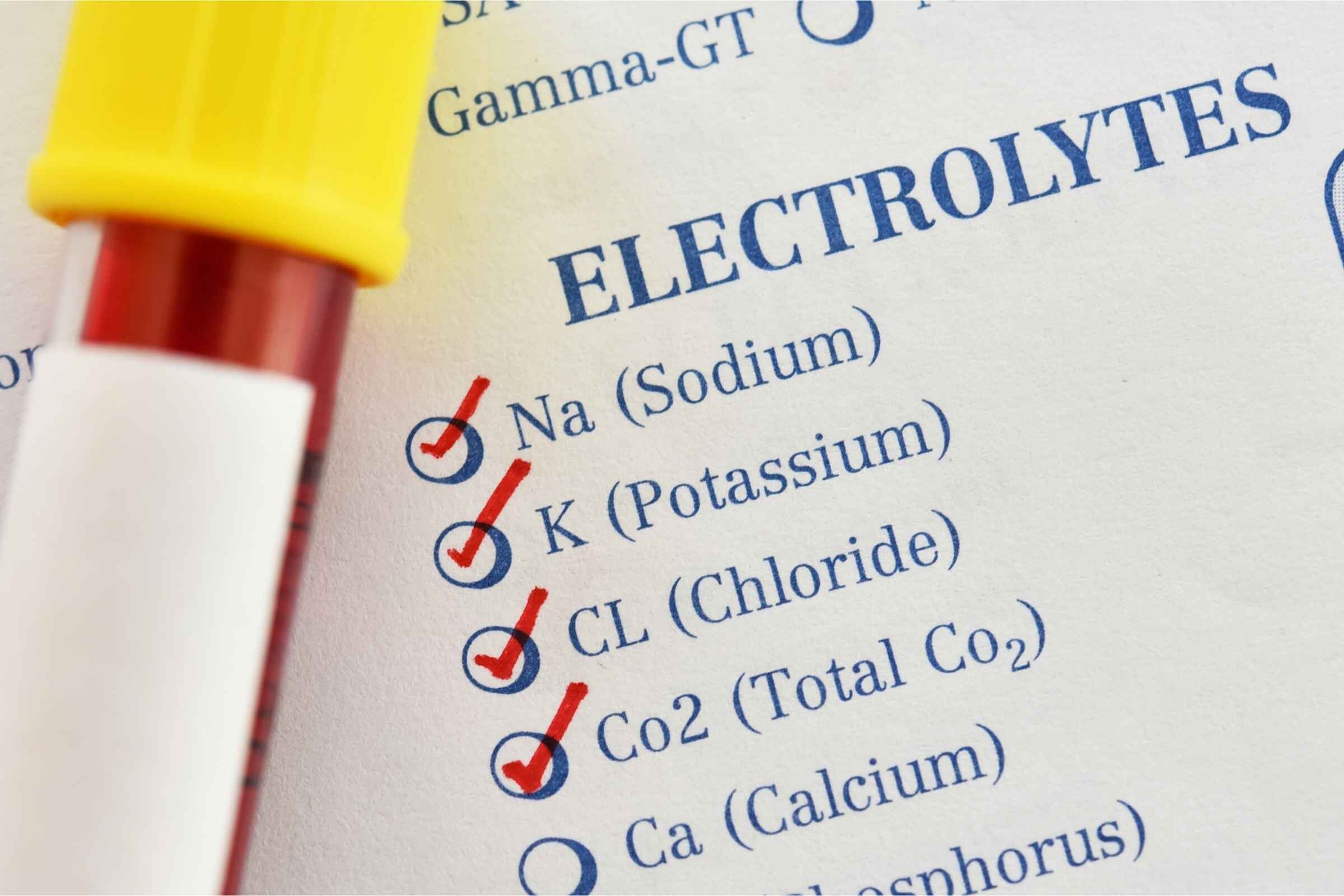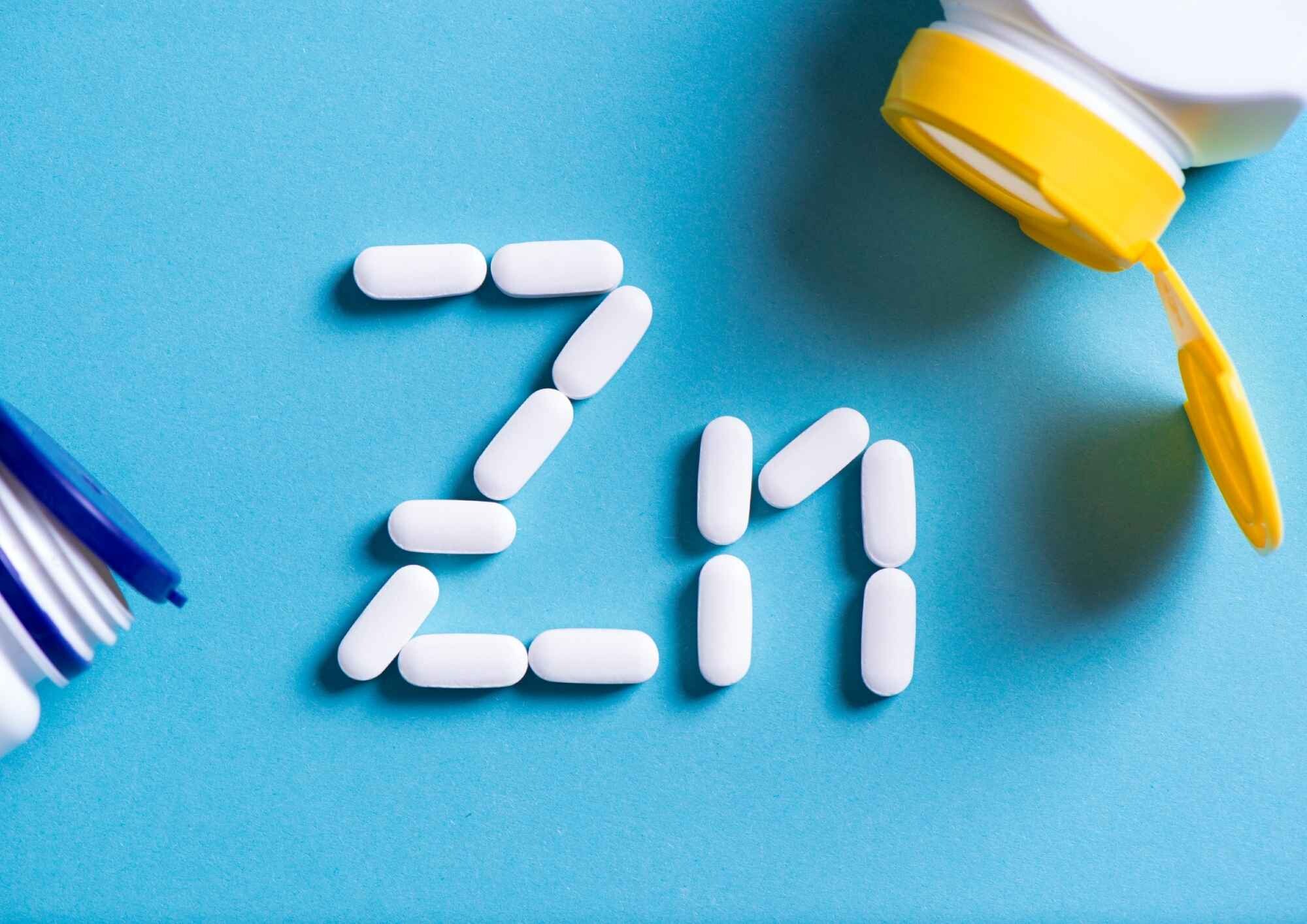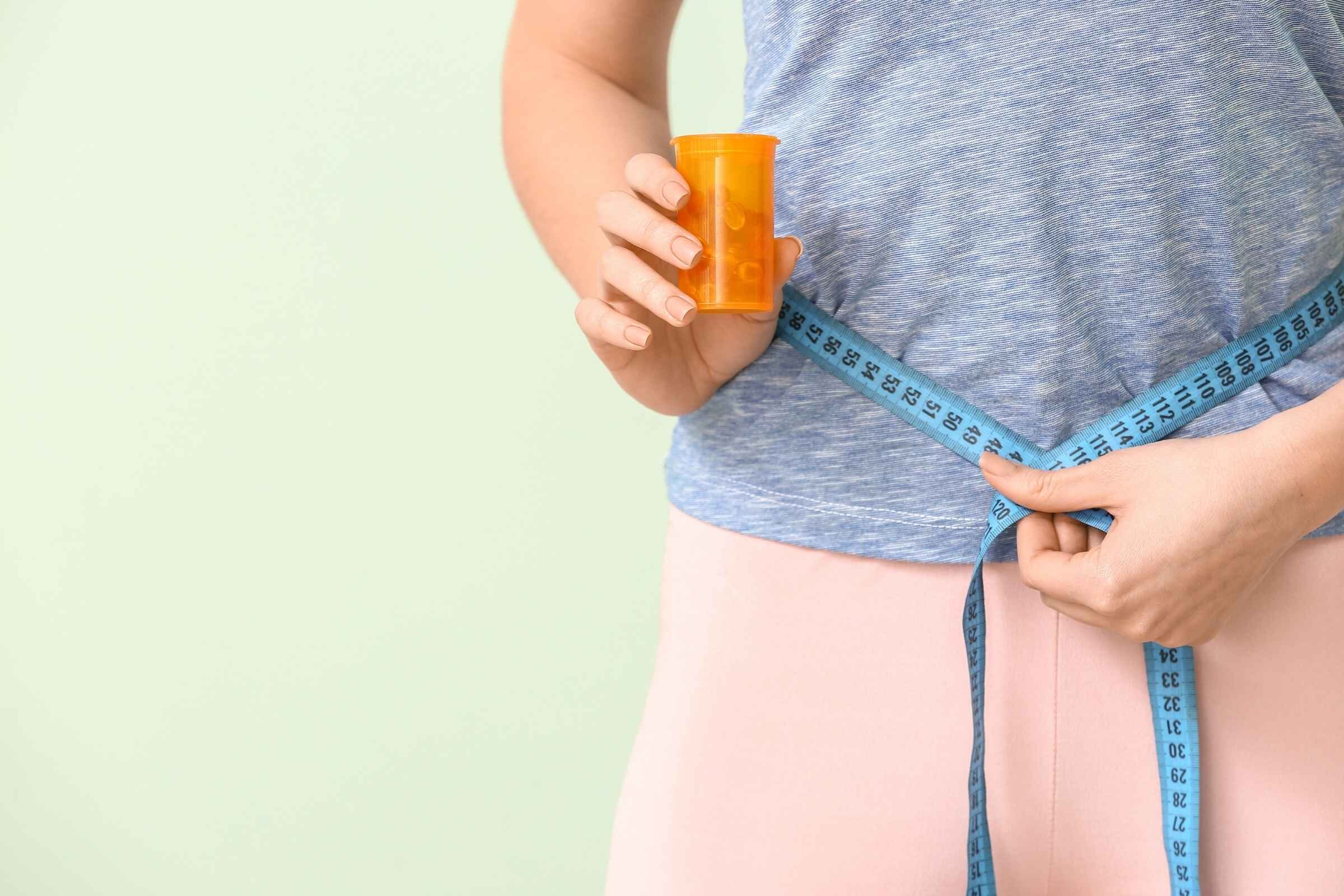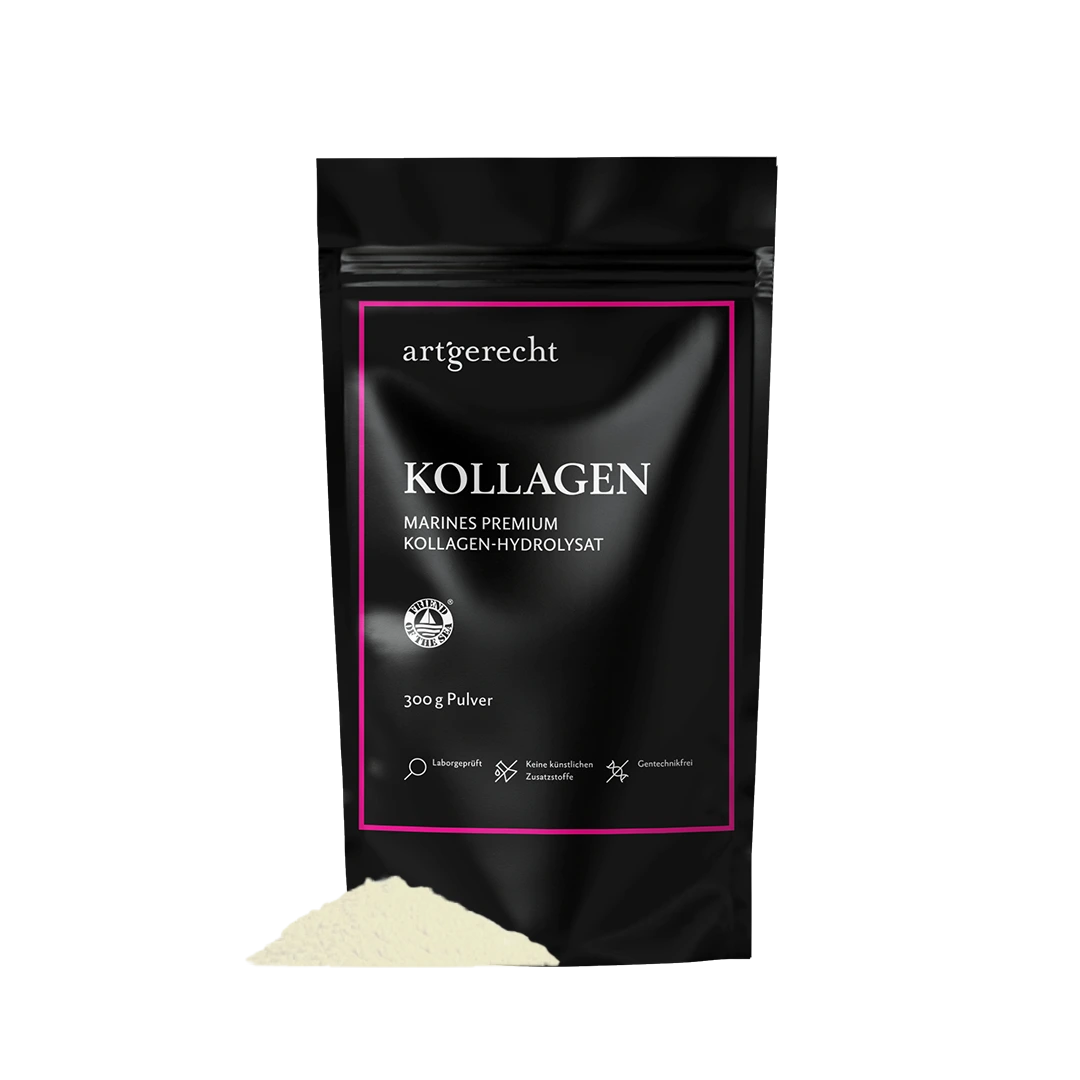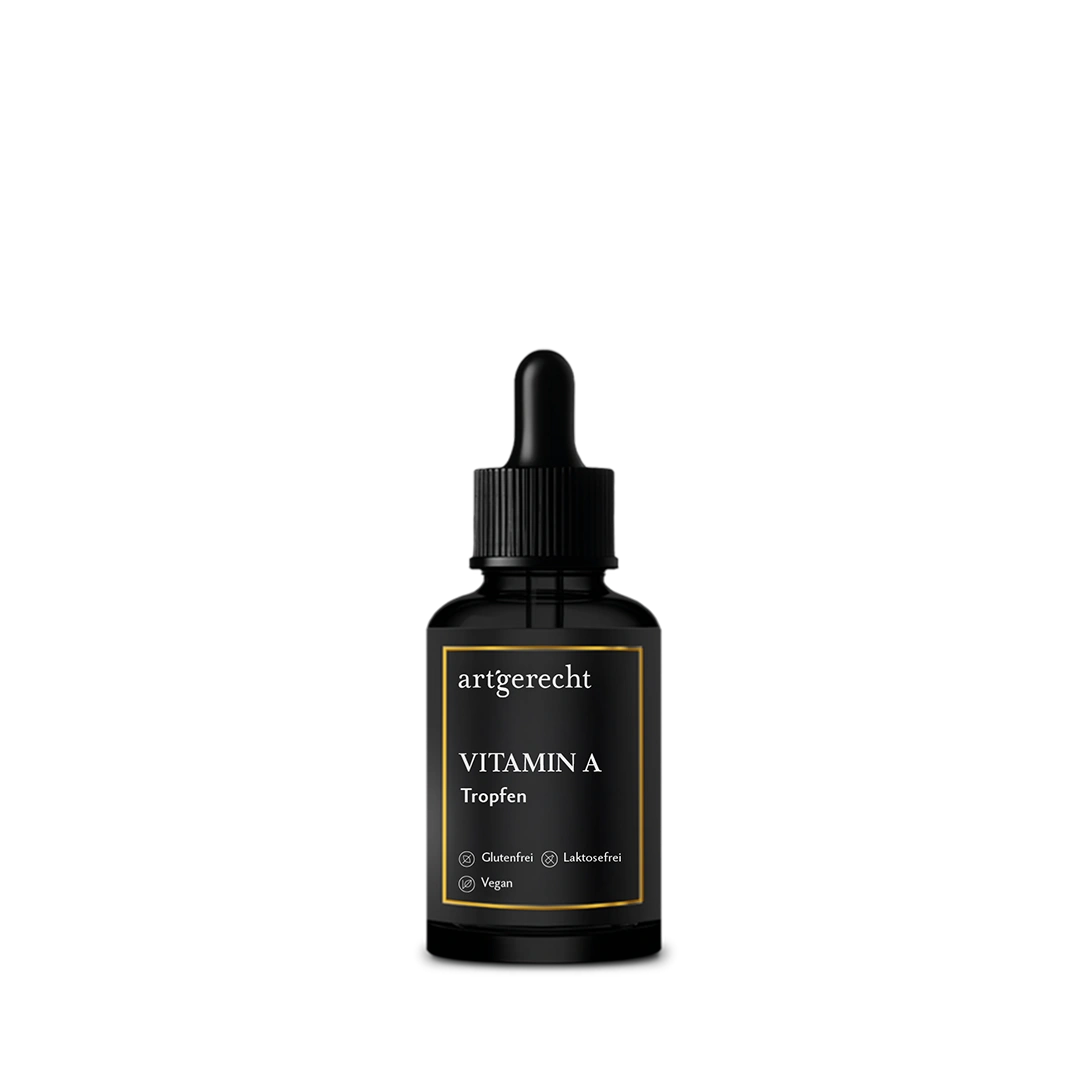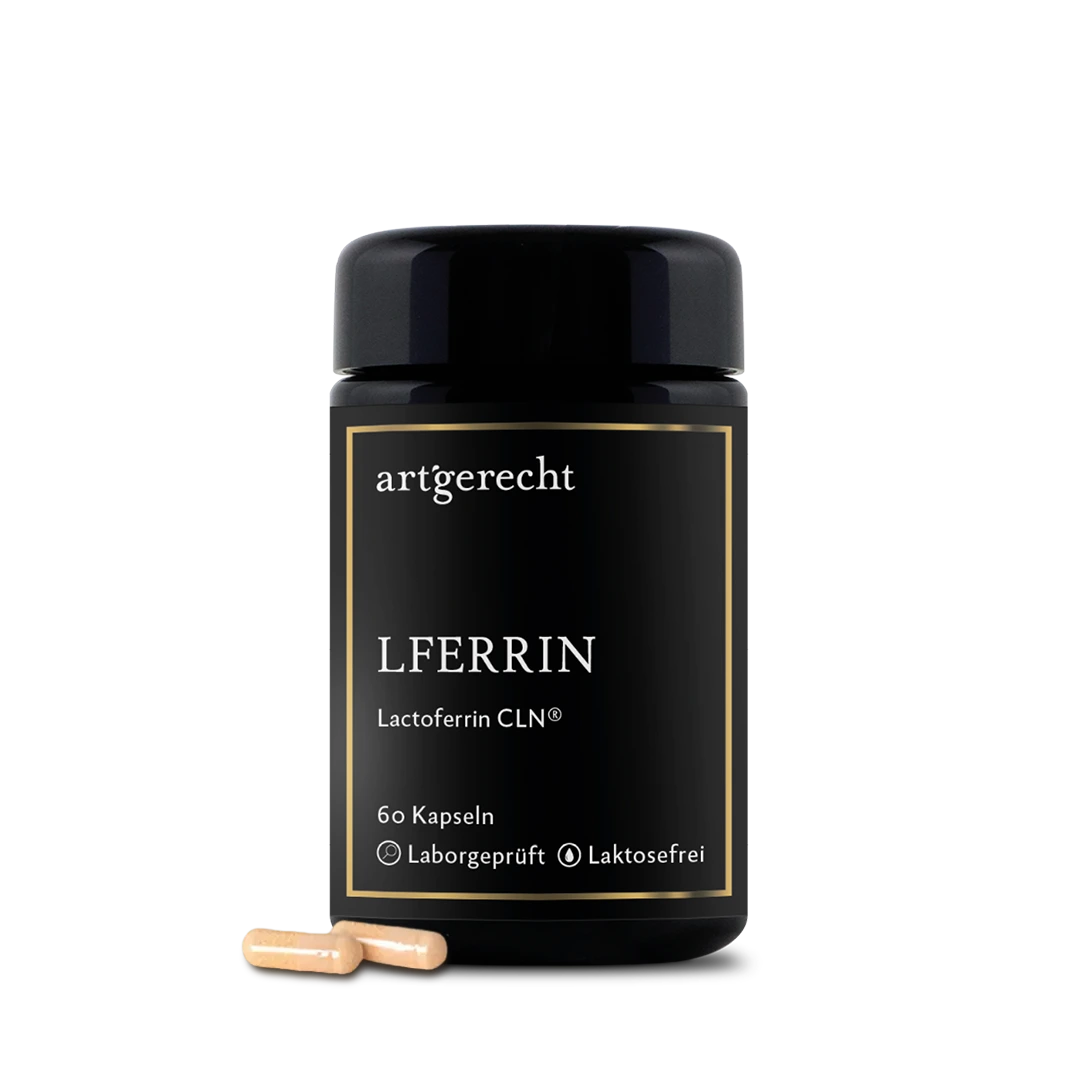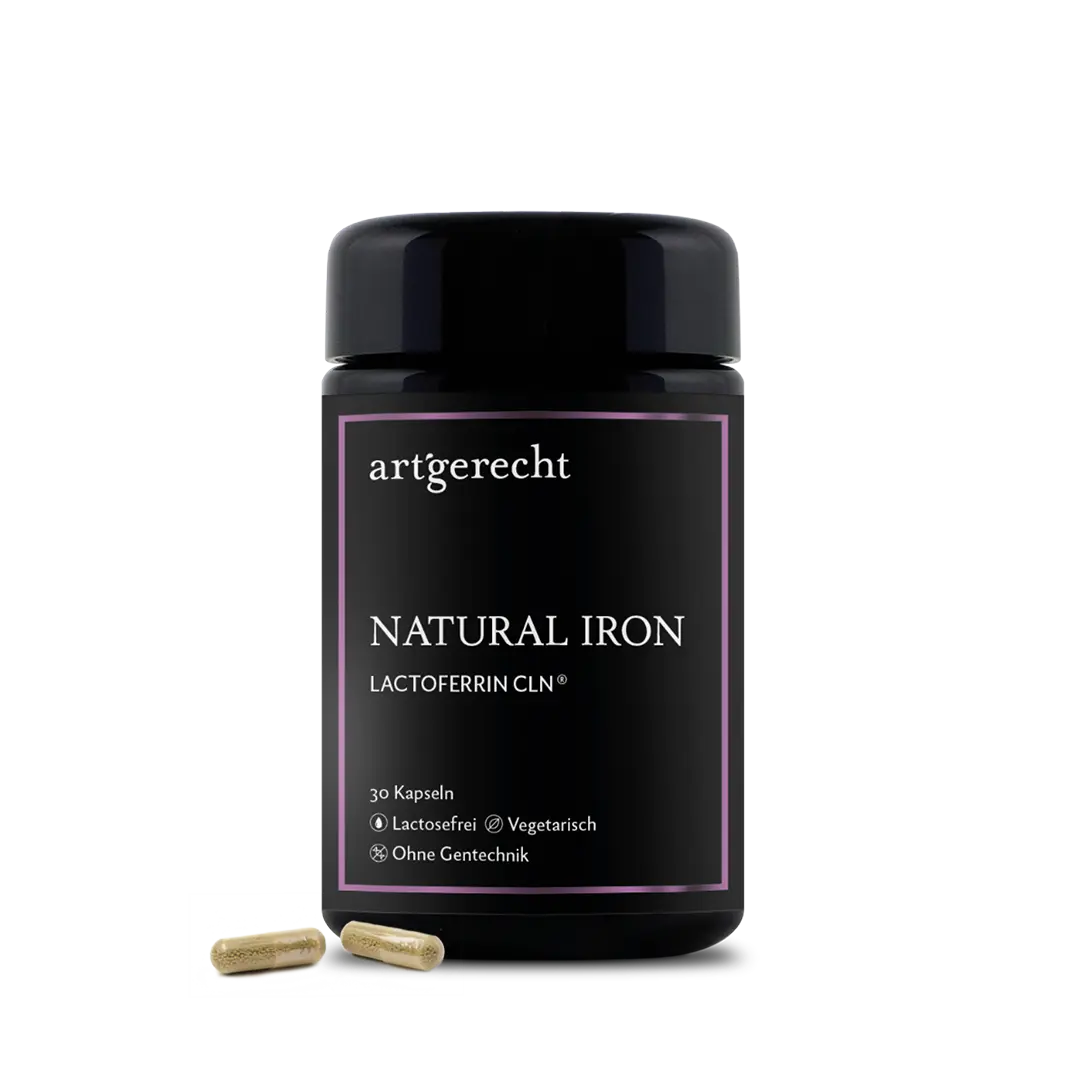- PMS – or the: „I-was-not-fertilized“-syndrome?
- Symptoms of PMS
- Being a woman – Under the influence of our hormones
- Rückzug an „besonderen Tagen“
- What do the symptoms tell me – a thought experiment
- What influence do hormonal contraceptives (the „pill“) have on the female cycle?
- Circles-of-effect-and-consequences
- Body mechanisms under the influence of the pill
- The influence of the pill on the choice of partner
- Testosterone brings motivation
- Thyroid glands: Interactions with the pill and hormones
- Für Expert*innen
- Liver: Understanding the pill as a medicine
- Gut and microbiome under the influence of the pill
- The gut-brain axis influences the psyche
- Permanent stress: survival comes before reproduction
- Quick wins for PMS and menstrual problems:
Most women only deal with their cycle when irregularities or problems occur. The choice of suitable contraceptives or the transition to the menopause also often present women with challenges. More than half of all women suffer to a greater or lesser extent from premenstrual syndrome (PMS). Women over the age of thirty are particularly affected by this problem. But what is PMS actually – and what influence does „the pill“ have on the female cycle?
PMS – or the: „I-was-not-fertilized“-syndrome?
As the name suggests, prämenstrual syndrome, or PMS for short (prä = before, menstrual = in relation to the menstrual period) already causes a variety of symptoms before the period. Some women are affected for only a few days immediately before their period, while others suffer for two weeks and more with a wide range of symptoms. The problematic period usually gets longer over the years.
Symptoms of PMS
PMS can manifest itself in a variety of different symptoms. The symptoms that can occur as a result of PMS are often accompanied by symptoms of Östrogen dominance. What is the reason for this? The causes of PMS are still not fully understood. However, there is much to suggest that androgen dominance is a major cause of PMS.
„Prepare to meet Satan.” The typical PMS symptoms:
- Irritability
- Mild headaches
- Sensitive, swollen breasts
- Weight gain due to water retention (in the abdomen)
- Hunger for sweets
- Maturity
Other possible causes of PMS include the following factors:
- Progesterone deficiency (Östrogen dominance)
- Genetic factors
- Cycles without ovulation
- Psycho-, socio- and emotional stress
- Nutritional errors
- Vitamin and trace element deficiency
- High obesity (adiposity)
- Lack of exercise
- Seasonal light changes (biorhythm as a clock)
- Problems and irregularities with the monthly cycle
Being a woman – Under the influence of our hormones
The female cycle with its „days“ is often difficult to reconcile with the demands of a modern life characterized by performance and success. Women and men are expected to be consistently efficient and active at all times. Only at the weekend or on annual leave can you take it a little easier.
Women have an internal rhythm due to their hormonal cycle, which is made up of the interplay of individual hormones and their functions.After the monthly bleeding, the woman's body is primarily oriented towards growth. The follicle begins to mature and the uterine lining is formed. Thanks to the effect of the hormone östrogen, most women are particularly efficient, active – and outgoing during this phase. They show more joie de vivre, activity and tend to have fewer physical complaints. The peak of the menstrual cycle is reached with ovulation and fertility and libido (desire for sex) also increase.
On successful fertilization of the egg – the goal of the first cycle phase, the body either prepares for a pregnancy or completes the menstrual cycle again with a bleed. In both cases - the onset of pregnancy and menstrual bleeding as an immunological reaction of the body - rest and relaxation are important. The strong desire for rest during the period is therefore particularly pronounced in the second phase.
Rückzug an „besonderen Tagen“
In the past, it was common for women to retreat separately to a hut during their periods. During this time, they went strongly inward and were completely to themselves. There were no everyday obligations placed on them, but the „days“ were all theirs.
Nowadays, on the other hand, people are expected to function consistently quickly and effectively at all times. A monthly return in the „body rhythm“ is therefore not possible – and also not desired by every woman. However, the „compulsion“ to be permanently productive due to a lack of relaxation and regeneration can also lead to eemotional stress – and even PMS.
What do the symptoms tell me – a thought experiment
These unpleasant, monthly complaints, which are associated with PMS symptoms, cause the affected woman to involuntarily withdraw a little. In severe cases of PMS, the affected woman is no longer able to work. This is how PMS achieves what a woman in a healthy state could not afford. But the price is high, because PMS symptoms are unpleasant.
In many cases, PMS can be significantly alleviated if a woman manages to incorporate the performance fluctuations of the menstrual cycle into her life.
What influence do hormonal contraceptives (the „pill“) have on the female cycle?
In short: A chronic, long-term pregnancy leads to an imbalance in the hormone balance. This is because artificial, synthetic hormones lead to a constant hormone level. The body stops producing its own sex hormones. Logical. This is because they are already circulating in the bloodstream and communicate the relevant information to the brain.
All hormonal contraceptives contain progesterone. By taking the pill every day, the brain permanently receives the information: The egg cell has implanted and stops producing new follicles.
Circles-of-effect-and-consequences
- the hormone release of FSH is inhibited
- no new oocytes are formed
- no Östrogen is produced
- no LH release occurs
- .release
- there is no egg implantation
- there is no progesterone production
- and no development of the uterine lining is initiated
Body mechanisms under the influence of the pill
Regulatory circuit of the hypothalamic-pituitary-gonadal axis
The entire HPG axis (hypothalamic-pituitary-gonadal axis) is inhibited and therefore the positive effects of the hormones as well as the naturally changing Östrogen levels are also missing (consequence: less Östrogen and constant progesterone). The hypothalamic-pituitary axis is an endocrine regulatory pathway in the CNS (central nervous system), which is regulated by the complex interaction ofcomplex interaction of the hypothalamus and pituitary gland, which controls the activity of numerous endocrine glands throughout the body. Examples of endocrine glands are the thyroid gland and the adrenal gland.
While progesterone has a calming and dampening property, the synthetic progestins are more associated with depression and anxiety.
The influence of the pill on the choice of partner
With the goal of reproduction, sex hormones also influence the choice of partner – and control through the sense of smell which man is a „suitable candidate“ for fathering offspring. As the old saying goes: „To be able to smell someone well.“
Why is that? The genetic material is used A) üover the appearance as an indicator of health and B) and the smell;health and B) it fits (smell) and has a large variance (advantage). Under the influence of the pill, the perception of smell is altered.
Testosterone brings motivation
Women produce lower amounts of the sex hormone (androgen) testosterone, just like men. Among other things, this hormone ensures motivation, libido and the building of muscles. A study published in 2005 showed that taking the pill leads to a decrease in libido in female patients. A decrease in serum testosterone levels suggests that the decrease in testosterone leads to a decrease in desire. What's more, it shows that the level of sex hormone-binding globulin (SHBG) also remains elevated over a longer period of time in some women after stopping the pill.
.The anti-androgenic effect of the pill is the reason why the pill as a „lifestyle product“ helps with acne (blemished skin due to high testosterone levels).
Thyroid glands: Interactions with the pill and hormones
Taking the contraceptive pill often leads to androgen dominance, which significantly impairs the function of the thyroid. In addition, this Östrogen dominance can lead to symptoms of hypofunction.
Für Expert*innen
In addition to SHBG, thyroxine-binding globulin (TBG), which binds thyroid hormones as a transport protein, is increasingly produced under the influence of the pill.
Less thyroid hormones in the circulation means:
- There is feedback to the brain: „there are too few hormones there“
- The brain produces TSH (thyroid-stimulating hormone)
- The secretion of T3 and T4 is regulated by the thyroid-stimulating hormone (TSH) of the pituitary gland (pituitary gland).
- TSH tells the thyroid gland: „produce more hormones“
- T4 is produced and secreted by the thyroid gland and serves as a precursor hormone for T3.for T3
The long-term consequence of this can be a hypothyroidism.hypothyroidism, which is associated with symptoms such as cold hands and feet, pale skin and thin hair (hair loss), lack of energy or concentration problems.
Liver: Understanding the pill as a medicine
In the liver, drugs are metabolized (i.e. converted). But the liver is much more than a pure „conversion station“. Among other things, it contributes to detoxification, production of bile acids and activates thyroid hormones as well as vitamin D. If the liver is overloaded, symptoms such as fatigue, constipation or diarrhoea often occur.
.Gut and microbiome under the influence of the pill
The intestine is the biggest defense against the outside world. It also plays an important role in the production of hormones. The intestines can also suffer under the influence of the pill. Studies show that the baby pill has an enormous influence on these organs. And that's not all: it is also suspected of damaging the intestinal flora and causing chronic intestinal diseases. This is probably due to the fact that the artificial östrogens in the pill promote the slippage of the intestinal wall. This and our artificially altered hormone levels increase the risk of inflammation in the intestine.
.Pill hormones can change the composition of our intestinal flora, so that harmful bacteria spreadand healthy bacterial cultures decline.In addition, serotonin is produced in the intestine, which has a calming and anxiety-relieving effect and, as a precursor to melatonin, ensures healthy sleep and regeneration.
The consequences can be:
- Symptoms of a leaky gut
- Bladder inflammation or vaginal fungus.
- Mood swings or depressive moods
- Internal restlessness
- Relaxation
The gut-brain axis influences the psyche
Stress, anger, anxiety? Data highway between head and gut: Stress hormones activate the nerve and immune cells in the intestinal wall. Nerve fibers, signalling substances and immune cells are in active exchange between the psyche and gut. This is because an imbalance in the gut gives the brain the information: dangerous situation and leads to activation of the stress axes.
.Permanent stress: survival comes before reproduction
A healthy hormone system is crucial for reproduction: It regulates the woman's cycle, egg maturation, the production of healthy sperm and the desire for sex. Problems only arise when one of the hormones is dysregulated, is deficient or the need is increased over a longer period of time. This happens, for example, in the case of permanent stress (persistently perceived stress). This leads to a permanently increased cortisol release, which the body cannot maintain in the long term. The body is now faced with a choice: survive or produce offspring? Consequently, it decides primarily in favor of survival. The supply of the stress axis is placed above that of the sexual hormone axis. The type of stress is of secondary importance in this context: Whether it's toothache, tax problems, mortgage or professional or family demands. Associated clinical pictures include burnout or exhaustion syndromes.
Symptoms of an upregulated stress axis (HPA) due to hormonal conditions (or competitive sport) can be:
- Hunger
- Stress sensitivity
- Memory and concentration problems
- Sleep and regeneration
Quick wins for PMS and menstrual problems:
- Regulate the serotonin balance (neurotransmitter): Black cohosh as support
- Get information about alternative methods of contraception instead of hormonal contraceptives
- Know your own cycle (if necessary, have your hormones checked) and find out more about your cycle. hormones) and observe
- if you have heavy periods or symptoms such as pale, cracked skin (at the corners of the mouth) and exhaustion: Watch your iron balance
- Avoid intense exercise during your period. This is due to the immunological, cleansing process of menstruation
- Rest and relaxation through stress-reducing exercises: endurance training and moderate exercise, hiking in the forest, yoga or autogenic training


